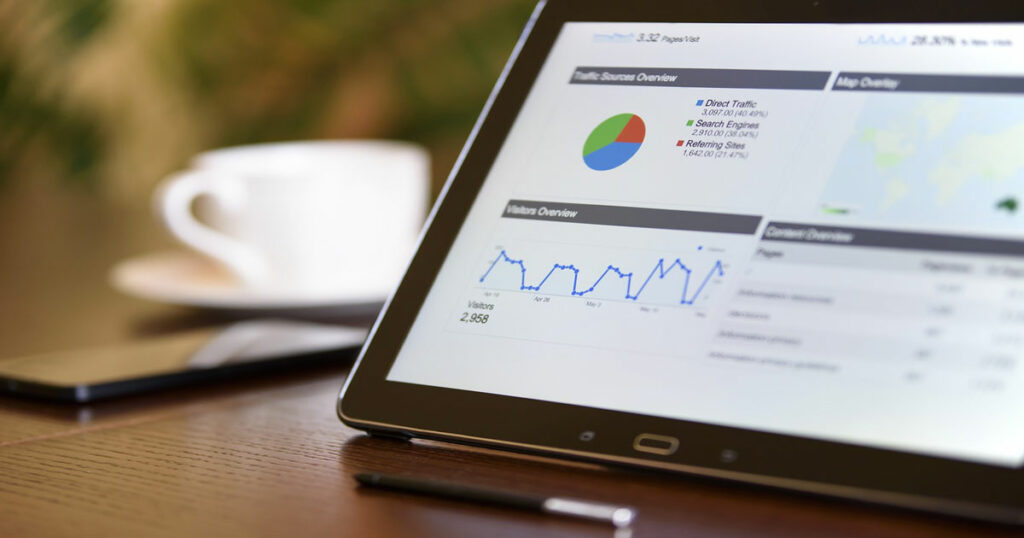Share to Buy Mortgage Affordability Calculators
shared ownership calculator
Sell House Fast 4 Cash have created an informative article that will help you understand how to use a mortgage affordability calculator to make informed decisions when purchasing a home.
Purchasing a home is a major financial decision that requires careful consideration of various factors, including affordability.
For example, a mortgage affordability calculator can help determine how much house you can afford based on your income, debt, and other financial obligations.
This article will discuss how to use a mortgage affordability calculator and provide insights into why it is an essential tool when buying a home.
Understanding Mortgage Affordability Calculators
Mortgage affordability calculators are free online tools that help you estimate how much you can spend on a home based on your income and other financial obligations.
These calculators take into account your monthly income, debts, and other expenses to provide you with an estimate of how much you can afford to pay for a mortgage each month. Using a mortgage affordability calculator, you can ensure you do not take on more debt than you can manage comfortably.
Using a Mortgage Affordability Calculator
Using a mortgage affordability calculator is straightforward. Enter your monthly income, including any additional sources of income.
Next, enter your monthly debt payments, such as credit card payments, car loans, and other debts. You should also include other monthly expenses, such as utility bills, groceries, and transportation costs.
After entering your financial information, the mortgage affordability calculator will estimate how much house you can afford based on your income and expenses.
In addition, you can adjust the calculator’s inputs to see how changes in income, debt, or other expenses will affect your estimated mortgage affordability.
Why Use a Mortgage Affordability Calculator?
Using a mortgage affordability calculator is an essential step in the home-buying process. Using this tool, you can avoid overextending yourself financially and ensure you can comfortably afford your monthly mortgage payments.
This is important because taking on more debt than you can manage can lead to financial hardship and potential foreclosure.
Additionally, a mortgage affordability calculator can help you determine what type of mortgage loan is right for you.
For example, based on your estimated mortgage affordability, you can decide if a fixed or adjustable mortgage is better for your financial situation.
A mortgage affordability calculator is vital to help you make informed decisions when purchasing a home. By using this calculator, you can ensure that you do not take on more debt than you can comfortably manage and avoid financial hardship in the future.
We hope this article has provided valuable insights into the importance of mortgage affordability calculators and how to use them effectively.
Monthly debt payments and other monthly expenses. Based on these inputs, the calculator then estimates how much house you can afford. Based on the estimated mortgage affordability, you can determine what type of mortgage loan is right for you.
FAQ shared ownership calculator
- What is a shared ownership calculator, and how does it work? A shared ownership calculator is an online tool that helps you estimate the maximum property value you can afford to buy based on your income, deposit, and other financial commitments. It works by considering your monthly income, savings, debts, and other expenses to estimate how much you can afford to pay towards a mortgage each month.
- How accurate is the shared ownership calculator? Based on your input information, the shared ownership calculator estimates how much you can afford a monthly mortgage. While the calculator is a helpful tool, it is essential to note that it is an estimate. The amount you can borrow will depend on several factors, including your credit score, employment status, and other financial commitments.
- What is the maximum percentage share that I can purchase with shared ownership? The maximum percentage share you can purchase with shared ownership varies depending on the housing association or developer offering the scheme. Typically, you can buy between 25% and 75% of the property’s value, and the housing association or developer retains ownership of the remaining share.
- What are the costs associated with shared ownership? When purchasing a shared ownership property, you must pay a deposit, which typically ranges from 5% to 10% of the property’s value, as well as other costs, such as legal fees, survey fees, and stamp duty. You will also be required to pay rent on the share of the property you do not own and any service charges.
- Can I sell my shared ownership property? Yes, you can sell your shared ownership property at any time. However, there are certain conditions that you must meet before you can sell, such as giving the housing association or developer the first option to buy back the property. You will also be required to sell your share of the property, and the housing association or developer will have the first option to find a buyer for their share.
- Can I buy additional shares in my shared ownership property? Yes, you can buy additional shares in your shared ownership property at any time, also known as staircasing. This will enable you to increase your property ownership and reduce the rent you pay on the share you do not own. However, certain conditions must be met before you can staircase, such as the minimum percentage share that you can purchase, which varies depending on the housing association or developer offering the scheme.
A shared ownership calculator is a helpful tool that can assist you in estimating the maximum property value you can afford to buy based on your income, deposit, and other financial commitments.
It is essential to note that the calculator is an estimate, and the actual amount you can borrow will depend on several factors.
We hope this FAQ has provided valuable insights into shared ownership and answered some of your questions about the scheme.





